Five Stupid Plot Twists in Otherwise Great Movies
Just because a film is fantastic doesn't mean it's perfect.
I don’t think I’m an especially picky moviegoer.
A story is an approximation of reality. It’s true that characters in movies sometimes act in ways that they never would in real life — driving across town for a one-minute conversation, or falling in love in the course of a single night.
But it’s more important that a story be economical and entertaining than perfectly realistic. And good writers disguise the contrivances.
Except not always. Here are five incredibly stupid plot twists from five otherwise fantastic movies.
Which goes to show something important: if you get most of a story right — and, more importantly, if you get the emotional heart right — the audience will happily overlook a stupid moment or two:
Julia does something really dumb and is surprised when something really bad happens.
In My Best Friend’s Wedding (1997) — one of the best romantic comedies of all time — Julia Roberts plots to sabotage the wedding of her male best friend, because she’s secretly in love with him.
One of the ways she tries to undermine him is by using his fiancée’s father’s computer to send an incriminating email. At the last minute, she doesn’t send it. Later, she goes to delete the email, but the office is closed — but then, of course, it gets sent anyway.
Well, what the hell did she THINK would happen? She literally leaves an unsent email in the “outbox” of a computer!
I suspect the screenwriter had her hesitate before sending the email, and then had it go out “against her will,” to make Roberts’ selfish character slightly more sympathetic — while also showcasing the dazzling “new” technology of email.
But it’s a ridiculous sequence in an otherwise great movie.
How does Superman turn back time?
When I first saw the first Superman (1978), I thought, Wow! You can turn back time by spinning the Earth in the opposite direction?
Then again, I was just a kid.
I think the first Superman is the best of the Supermans, but now I watch the ending — where Lois Lane has died and Superman is determined to somehow bring her back — and I think: This is the dumbest thing I have ever seen.
Voldemort comes up with the most convoluted plan imaginable — and Dumbledore goes with it.
I’m not a fan of Harry Potter and the Goblet of Fire (2005), so maybe this isn’t a bad twist in an otherwise great movie, but I do like two other movies in the series: Azkaban and Half-Blood Prince.
Anyway, in Harry Potter and the Goblet of Fire, if Voldemort wanted Harry so bad, why didn’t he have Moody replace, say, Harry’s toothbrush with the portkey? The very first night, Harry grabs his toothbrush and — kablam! — he’s transported to the graveyard with Voldemort. Why the convoluted, year-long plan with the Goblet of Fire and the Triwizard Tournament, which — let’s face it — was pretty unlikely to result in Harry winning anyway?
And — excuse me! — what’s this business about a regular student tournament that includes risks so dangerous that students must routinely die?
Scene: Something extremely strange is going on at Hogwarts with this Goblet of Fire, and it seems very likely that the embodiment of ultimate evil, Voldemort, is somehow involved. Plus, if they continue the tournament, several students, including Dumbledore-fave Harry, could very likely die.
Dumbledore: “I really think we need to see this thing through!”
Aragorn releases the Army of the Dead before the final attack on Mordor.
Many people argue that in The Lord of the Rings movies, Gandalf could have simply asked the giant eagles to fly Frodo directly to Mount Doom to destroy the One Ring, thereby eliminating most of the plot.
Eh. If they didn’t do it, I’m willing to assume there’s a good reason
But one of the movie series’ plot holes really does bug me. In Return of the King (2003), Aragorn, outnumbered by the enemy, makes a deal with some traitorous ghosts, promising to declare an ancient vow fulfilled if they help him in an upcoming battle.
The ghosts prove incredibly effective, mowing down an enemy that is helpless against non-physical beings.
But at the end of the battle, Aragorn releases the ghosts from their vow — despite Gimli warning him that they would be very helpful in defeating the rest of their enemies.
I agree that a man of integrity like Aragorn would honor his pledge — and this is also partly how he proves he’s worthy of being the “king” of the movie’s title.
But why didn’t he make a smarter pledge in the first place — promising to release the ghosts only after they killed the army surrounding Minas Tirith, and also the Orcs gathering inside the gates to Mordor?
Yoda’s statement to Obi-Wan makes absolutely no sense.
The Empire Strikes Back (1980), the middle movie in the first Star Wars trilogy, is full of shocking reveals — most notably, that Darth Vader is Luke Skywalker’s father.
But we get another shock when Obi-Wan tells Yoda, “That boy is our last hope.” And Yoda says, “No, there is another” — someone else who is strong in The Force.
In the following movie, Return of the Jedi, Obi-Wan tells Luke, “The other [Yoda] spoke of is your twin sister [Leia].”
But this makes absolutely no sense given that Yoda spent much of the previous movie telling Luke that he shouldn’t go save Leia — that he needs to complete his all-important Jedi training. At one point, Luke asks Yoda outright if he should just let Han and Leia die, and Yoda says, “If you honor what they fight for? Yes!”
Look, I get it: Luke shouldn’t go to the Cloud City because it’s a trap set by Vader, and Luke isn’t strong enough to defeat him yet.
But if there are literally only two individuals in the entire universe who can save the universe from total catastrophe — Luke and Leia — would Yoda really be so cavalier about letting Leia die? If nothing else, you’d think he would go try to save Leia!
Later still, when Luke tells Leia they’re brother and sister, she says, “I know. Somehow I’ve always known.”
Which also makes no sense, given she gives him romantic kisses in both A New Hope and The Empire Strikes Back.
Honorary Mention?
One of the most criticized movie twists of all time is in Independence Day, when Will Smith and Jeff Goldblum defeat the aliens by uploading a computer virus into the mothership’s computer.
The aliens can fly across galaxies and shield themselves from nuclear weapons, but they’re defenseless against computer viruses?
Actually, there are some fairly convincing justifications for this — so I’m not sure this is a stupid plot twist at all.
These are my five least favorite plot twists in otherwise good movies. What are yours?
And don’t forget: if you want a story with great plot twists, order my latest book!
Brent Hartinger is a screenwriter and author. Check out his other newsletter about his travels at BrentAndMichaelAreGoingPlaces.com.



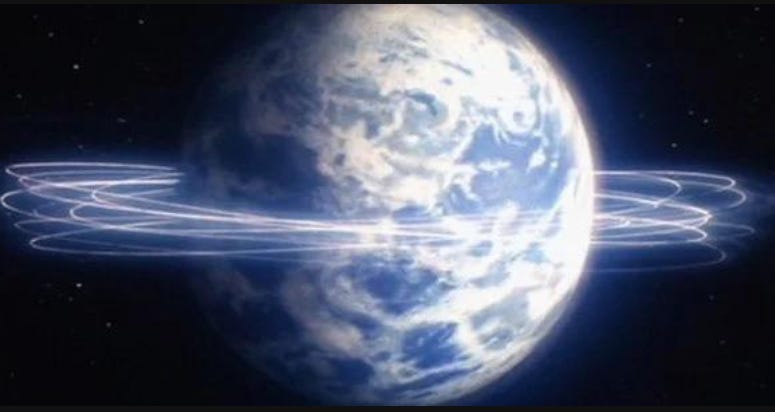
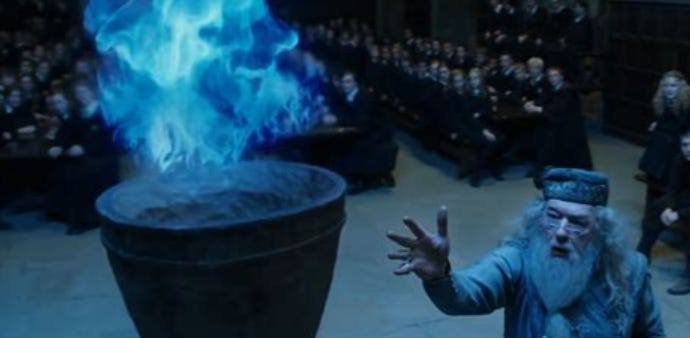
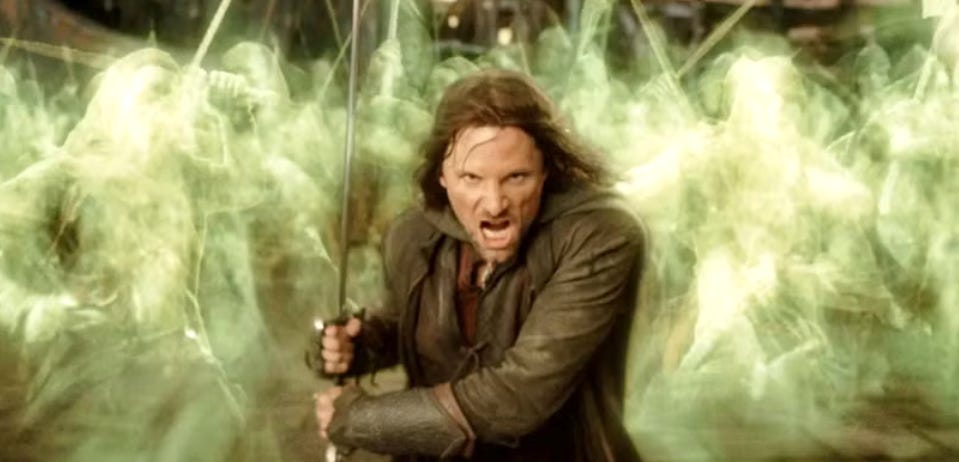
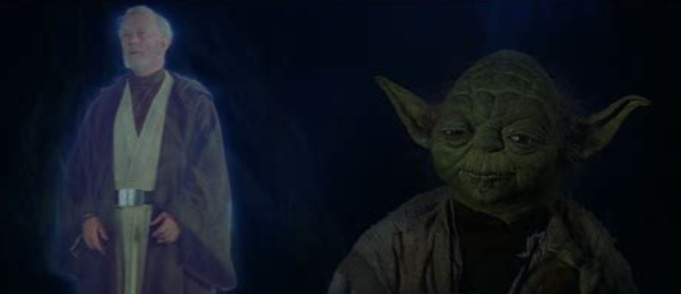
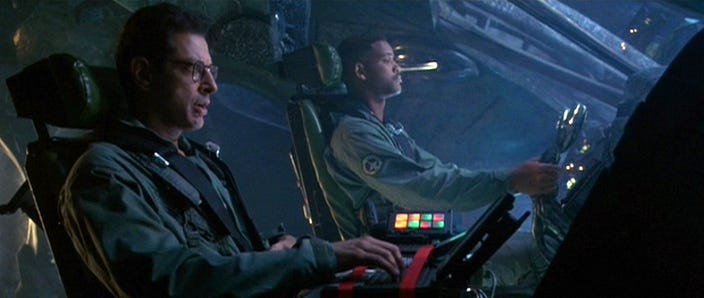

There are many moral reasons why Aragorn don't ask the Dead to come to Mordor but there's also a pretty practical one :
The Dead were cursed because they broke their oath to fight against Sauron. Asking them to fulfill their new oath by fighting against Sauron is a pretty double edged sword... Sauron who, by the way, is also called the Necromancer. Yeah, he is probably not that afraid of the army of the Dead.
(By the way, in the books Aragorn only uses the army against the Umbar pirates, and wisely don't bring them to Minas Tirith where the Nazguls are).
Star Wars has been one massive plot hole since 1983. SMDH.